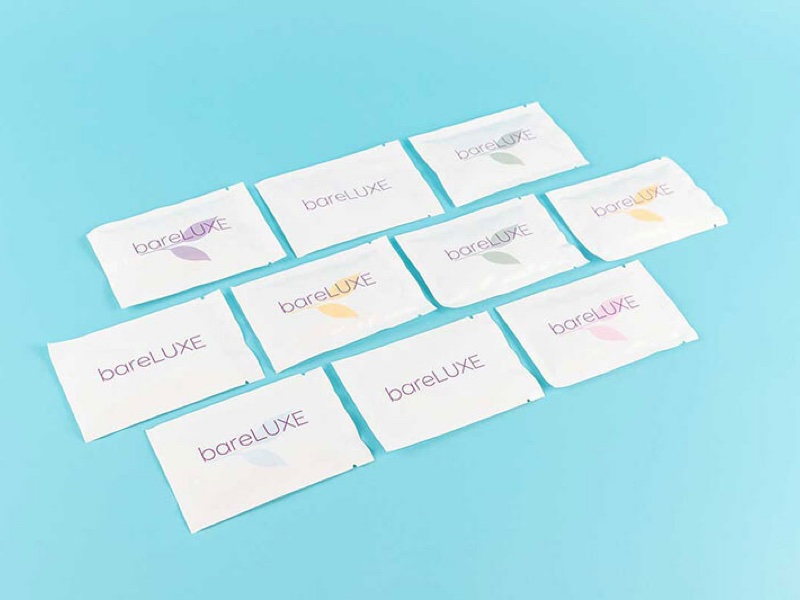Refillable beauty packaging is being embraced by names including Charlotte Tilbury, Stella McCartney and Prada.
In 2022, sales of make-up refills soared 364%, according to data from market research firm The NPD group – and refills remain a popular way of balancing a greener approach with luxury packaging cues.
But a new market survey has revealed that, although 79.3% of consumers view sustainability as important when making purchasing decisions, only 23.4% currently use refillable skin care products.
For serums, lotions and other personal care products, just 5% opted for refillable options, with fewer than 1% using perfume refills.
The study was carried out by sustainable skin care company BareLUXE, with survey respondents primarily US-based, female and between the ages of 30-34.
Responses flagged several potential factors behind the gap between the percentage of consumers interested in sustainable packaging and those actively seeking refills.
More than half of those surveyed (50.6%) had been put off by difficulty finding available options, while 36.8% mentioned non-availability from preferred brands as a reason.
Concern about product contamination and spillage was an issue for 31%, and 17% cited scepticism about the actual sustainability of refills.

Refills from skin care brand BareLUXE, which carried out the survey
BareLUXE’s study also shed light on incentives likely to increase consumer adoption.
These included substantial proof of impact (34%); competitive pricing (34%); or the introduction of refillable options by their favoured brands (43%).
Only 4% of those surveyed stated that they were unlikely to be convinced.
The study also surveyed skin care brands, with many citing concerns about logistics, contamination and high costs as barriers to implementation.
Both brands and consumers agreed that in-store refilling of large containers represents the most sustainable choice, but also that the practicalities of this method make it the most complicated option to implement.
“There’s a clear need for more transparency, collaboration and shared understanding between brands, retailers and consumers,” said Dr Heather Smith, founder and CEO of BareLUXE.
“Releasing this data is just one step towards answering some questions.”
